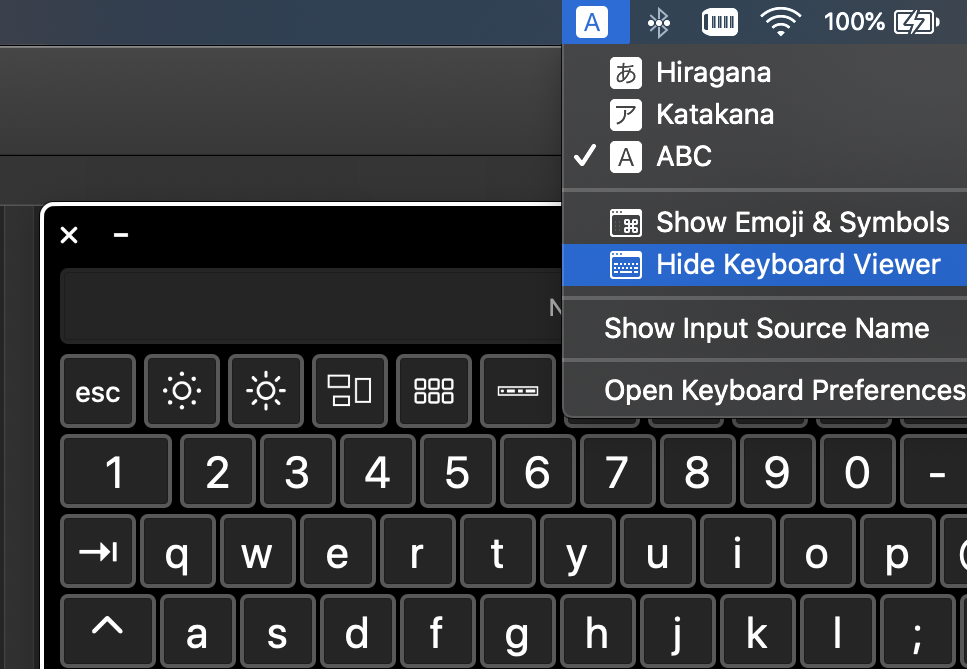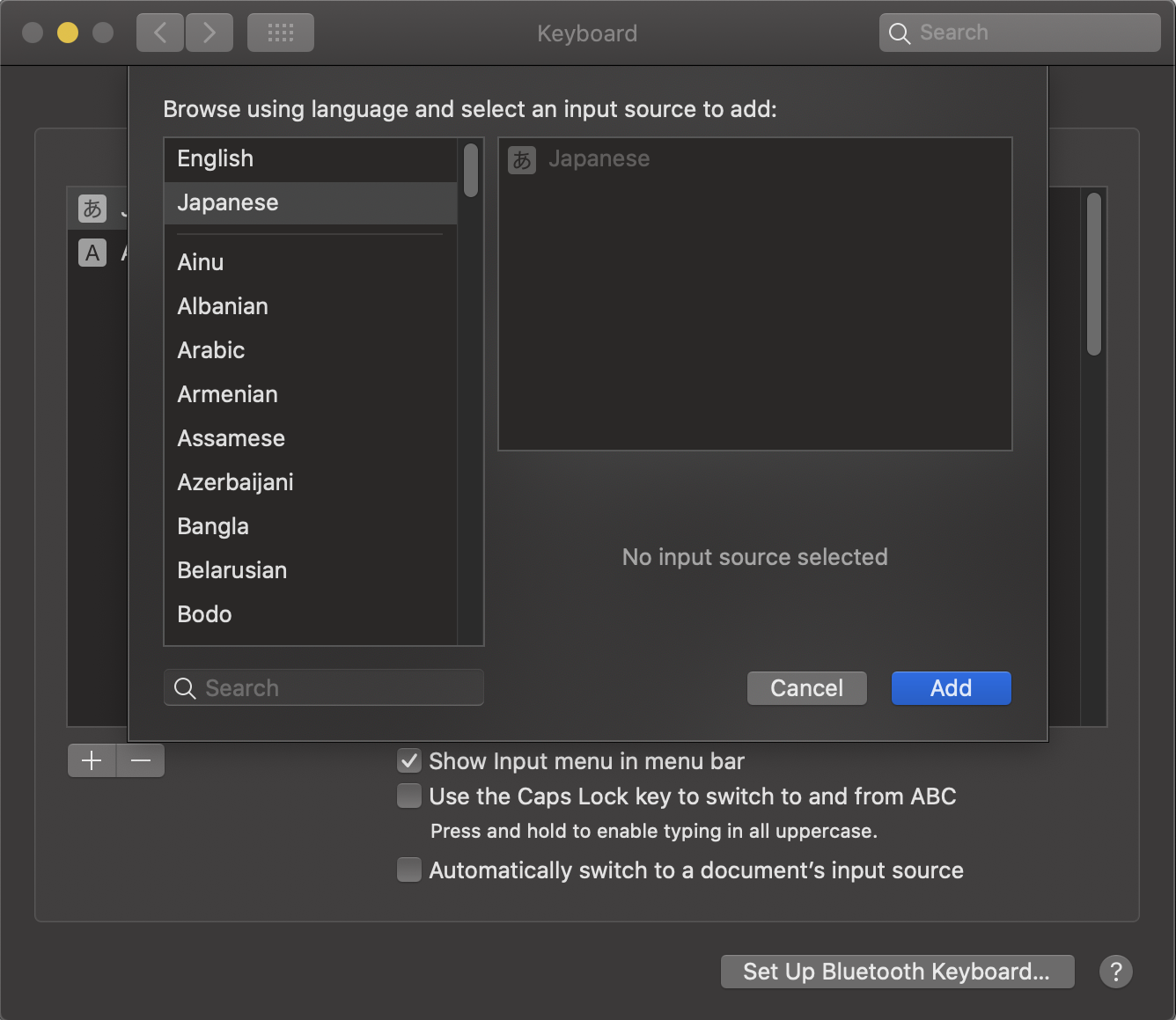
What dedicated language learner could pass up an opportunity to spend endless days studying German and all its nuances? Unfortunately, in our society, time is money and the reality of things can be quite different. Most of us just don’t have the time to study languages at our leisure.
Because time is such a constraint, there’s an important question to ask yourself before beginning to learn this beautiful language: How long does it take to learn German?
Mark Twain said: “A gifted person ought to learn English in 30 hours, French in 30 days and German in 30 years.” But it might not take quite that long!
I’m sure we all instinctively look for the fastest and easiest ways to learn new things. Being efficient with our time allows us to start practicing and using our new skills much sooner, so we can find a better job, travel abroad, or better communicate with a loved one.
Learning a foreign language is always an amazing and fulfilling process, though often arduous. By learning to understand, speak, and think in a different language, we not only add a new skill to our repertoire but we also change the very way we see and interact with the world.
It’s understandable that you’d like to know for certain how long this marveolus language learning journey will take you, so that you could make plans and form solid expectations. The reality is, however, that there’s no one best way to learn German and there’s no set timetable for it!
Everyone learns differently, and how long it takes to learn German will depend on many factors.
In this article, we’ll explore some of the factors that will affect your learning and how you can speed it up as much as possible!

 Table of Contents
Table of Contents
- Experience
- Learning Style
- Approach
- How Long Does it Take to Achieve Beginner/Intermediate/Advanced Level?
- How Our Website Can Help
Experience
One of the most important factors to take into account when considering how fast you can learn a language is your personal experience with languages.
The Language(s) You Speak
What’s your native language? And what other languages do you speak?
Yes, this might actually be a defining element in how quickly you’ll be able to pick up the German language. If you’re a native (or near-native) English speaker, you’re in luck! German and English actually share the same roots and forty percent of German vocabulary is similar to English vocabulary!
If you’re a native speaker of a Semitic language like Arabic, on the other hand, it might be a little trickier to learn German—but all the more challenging and rewarding! So, don’t be discouraged. Just be aware that your native English-speaking classmates might have a bit of a headstart…but that doesn’t mean they’ll learn it better than you!

Your Previous Language Learning Experience
Have you ever learned another language before?
If you already speak a foreign language fluently, or were raised bilingual, it may be easier and quicker for you to learn German. Several studies have now proven that bilinguals find it easier to learn a third language. This is because they already have experience learning and using a second language, and are thus more accustomed to the entire process.
Even if you’re not bilingual, having studied and learned a foreign language at some point in your life will help. Having fluency and skill in one language will help you gain fluency and skill in another, even if the two languages are unrelated!
Your Previous Grammar Knowledge
One of the first steps in learning a foreign language is finding out how it’s built and how it works. This is usually done by studying its structure and grammar.
If you already have some experience studying grammar and syntax, even in your native language, it will be much easier for you to study the grammar and syntax of a foreign language.
So, if you plan to start learning German (or another language!), it’s a good idea to have some grammar foundations to build on!

Learning Style
The way you learn and study is another essential aspect that may affect how long it will take you to become fluent in German.
Your Methods
If you limit your learning to a classroom setting, even if you show up every day, it will probably take you a little longer to learn and feel confident using your language skills. Try to expose yourself to German outside the classroom (or online lesson) and you’ll cut down the time it takes you to learn it!
Try reading German newspapers, watching films and series in German, and even listening to German podcasts while you drive or cook. Of course, finding a language partner to practice conversing with will also go a long way toward making you fluent faster!
Your Time
There’s another aspect we haven’t mentioned yet, but it’s the most important of all when asking yourself how long it takes to learn German: The time you dedicate to it!
If you want to learn fast, try to dedicate as much time to learning as you can.
Daily practice is ideal, and research has actually proven that learners who dedicate an hour a day to language learning—whether studying grammar, memorizing new words, watching a film, using language learning apps, or reading a book—learn significantly faster than those who just attend weekly classes.
And of course, if it’s an option for you, full immersion is best. If you can travel to Germany and live there for a while, that will make a big difference!

Approach
This is quite possibly the game-changer that will determine how fast you learn German. It can really make a massive difference!
Your Motivation
It really is no secret that staying motivated is essential for learning a foreign language. Why do you want to learn German?
Have this clear in your mind and set weekly (or even daily) goals for maximum efficiency. This will help you stay motivated and interested in learning, and you can remind yourself every day why you’re learning this beautiful language.
Your Attitude
Keeping your motivation up will make you feel like you’re learning more efficiently, and it will help you maintain a positive attitude during your language learning journey!
It’s key to see learning as a fun and interesting activity that you’re choosing to do, and not a chore that you’re forced to do.

Remember that learning a new language will open your mind and your horizons, and it will give you a great set of skills you can use in your day-to-day life.
When you think this way, you’ll feel like learning something new every day and the process will be more enjoyable and much faster!
How Long Does it Take to Achieve Beginner/Intermediate/Advanced Level?
So, let’s get to the point. Even though it’s hard to say for sure, we’ve tried to make an estimate of how long it might take you to reach a beginner, intermediate, and advanced level of German.
Beginner
A beginner speaker of a language will be able to introduce themselves, understand slow and simple spoken language, and ask basic questions (probably making some mistakes along the way!).
This level is probably enough if you just want…
- …to be able to greet people.
- …to order a meal at the restaurant.
- …to understand when someone talks to you slowly and carefully.
- …some basic reading skills.
You’ll be able to do all these things after about 180-200 hours (level A2) of German classes. This means that if you’re motivated and willing to put in 10-15 hours a week, you can travel to Germany without any worries in just over three months!
So get studying now, and you’ll soon be having some basic conversations with native speakers!
Intermediate
If you reach an intermediate level, you’ll be able to understand everyday conversation (if spoken clearly), even if you have to ask some questions here and there to keep up. This level will also allow you to…
- …watch videos and read the news without major problems understanding the main points.
- …ask for and follow directions.
- …have basic interactions with locals about familiar subjects.
We estimate that to achieve an intermediate level in German, you’ll need around 350 hours of study. This means that, if you dedicate around 15 hours a week to practicing your German, you’ll be able to reach this level in just six months!
Advanced
If you want to achieve fluency, this is what you’re aiming for: advanced language skills. With this level, you’ll basically be able to…
- …navigate any kind of situation that may arise in your daily life or while traveling.
- …have in-depth conversations with native speakers.
- …watch movies without subtitles.
- …read books in German with no problem.
You’ll be fluent! (Even if there will always be something more to learn about this intricate and beautifully complex language…)

So, how long do you need to learn German if you want to reach this level of fluency?
According to the U.S. Foreign Service Institute (FSI), you’ll need about 750 hours of study to become fluent in German. This means that if you study 12-15 hours a week, you’ll be able to speak like a pro in just a year!
If this seems like a long time, take into account that harder languages like Japanese or Arabic may take up to 2200 hours, three times longer than German!
How Our Website Can Help
What are you waiting for? The right time to start learning a new language is now!
The sooner you start learning, the faster you’ll achieve your language objectives and start speaking German.
As you consider your options (and the world’s ongoing pandemic), you might wonder how to learn German online. GermanPod101 is a great place to start!
To keep you motivated and interested (and to make your language learning adventure easy to navigate), we offer all kinds of language learning content on GermanPod101.com. Here you’ll find lessons for all levels, as well as vocabulary lists, dictionaries, and blog posts.
Above all, how long it takes to learn German just depends on how much time you’re willing to invest. Our courses and resources are specifically designed to give you all the right tools to learn German as quickly and easily as possible, so that your precious time is well-spent!
Whether you’re a beginner who wants a full immersion experience or an advanced speaker who just needs to refine your skills, you’ll find what you’re looking for here.
Before you go, let us know in the comments if this article helped you! Do you feel ready to tackle the challenge of learning German? We look forward to hearing from you!















 Table of Contents
Table of Contents




















 Table of Contents
Table of Contents






















